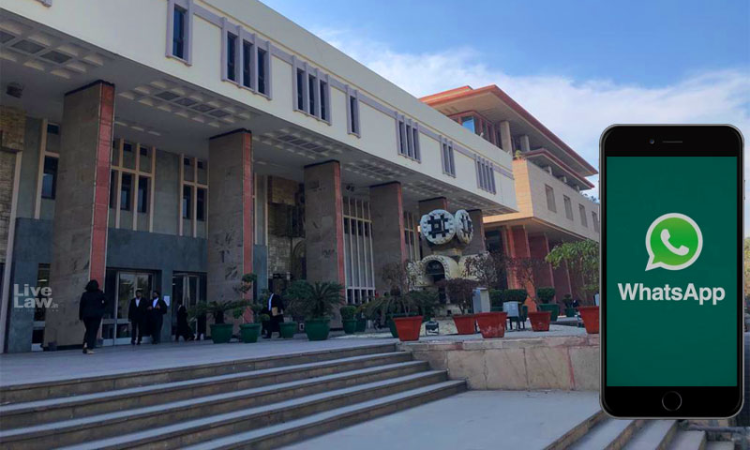Breaking: Delhi High Court Dismisses Appeals By Whatsapp, Meta Against CCI Investigation
Nupur Thapliyal
25 Aug 2022 10:33 AM IST

Next Story
25 Aug 2022 10:33 AM IST
The Delhi High Court on Thursday dismissed the appeals filed by WhatsApp and its parent company Meta (formerly Facebook) against a single bench order declining to interfere with CCI's investigation into WhatsApp's 2021 privacy policy.While pronouncing the order, a division bench comprising of Chief Justice Satish Chandra Sharma and Justice Subramonium Prasad said that the appeals are devoid...
